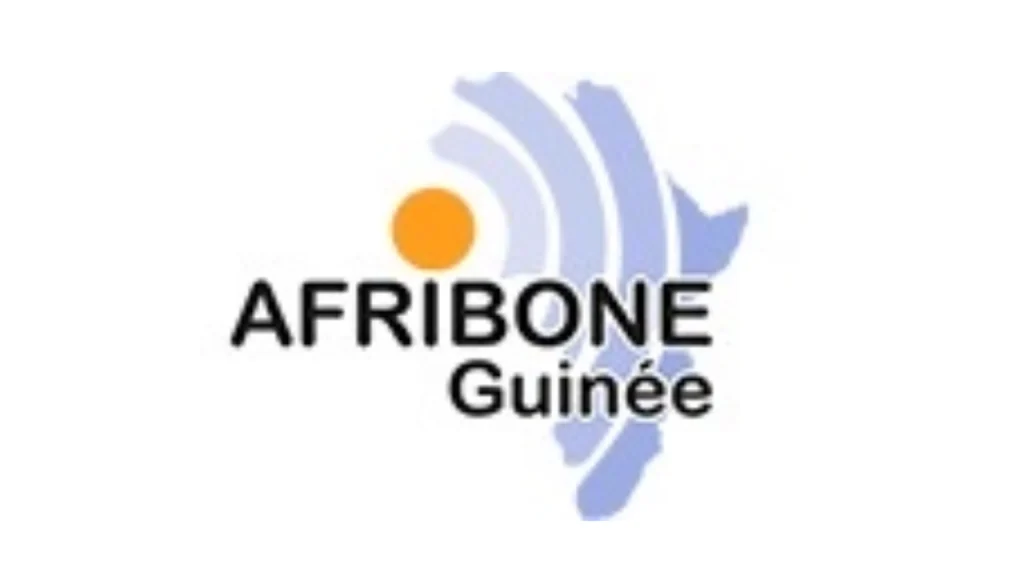- Afribone‑Guinee SA offers fibre, satellite and radio internet access, cloud, cybersecurity and training services.
- It confronts redundancy, cost and fibre‑backbone challenges while supporting digital inclusion and ICT innovation.
Afribone‑Guinee SA: Services and network reach
Afribone‑Guinee SA began operations in 1997 as an Internet service provider in Conakry. The firm combines IT and telecom skills to serve public and private organisations, SMEs and individuals. It uses a hybrid network that links fibre, satellite and radio technologies to deliver internet access across the country. The company provides national and international leased lines, IP transit, network integration, IT consultancy and technical training.
Afribone serves institutions such as banks, government agencies and large corporate clients. It supports local network infrastructure projects, deploys VPN and IP telephony solutions, and offers data management, cybersecurity and hosting services. The company trains client teams in network administration and system management and offers full support from project planning to execution.
Also read: Telenor IoT and PLAATO bring real-time insights to brewing
Also read: GPX Egypt drives Africa’s digital growth with Tier 4 data centres
Afribone‑Guinee SA: Industry trends and innovation
The telecom sector in West Africa faces major hurdles: limited international cable redundancy, frequent domestic fibre faults, and unreliable electricity. Guinea currently relies on a single international submarine link, the ACE cable, which often suffers outages. Afribone addresses these challenges by using satellite and radio backups alongside fibre lines to ensure constant service even when fibre fails.
Recent innovations include offering cloud‑based tools to businesses, enhancing cybersecurity services and expanding ICT training to improve digital literacy. Its support for hybrid infrastructure helps clients stay connected across sites and recover quickly from outages. Afribone also contributes to the emergence of fibre interconnection plans between Guinea and neighbouring countries such as Côte d’Ivoire and Mali, aiming to improve redundancy and reduce data costs.

